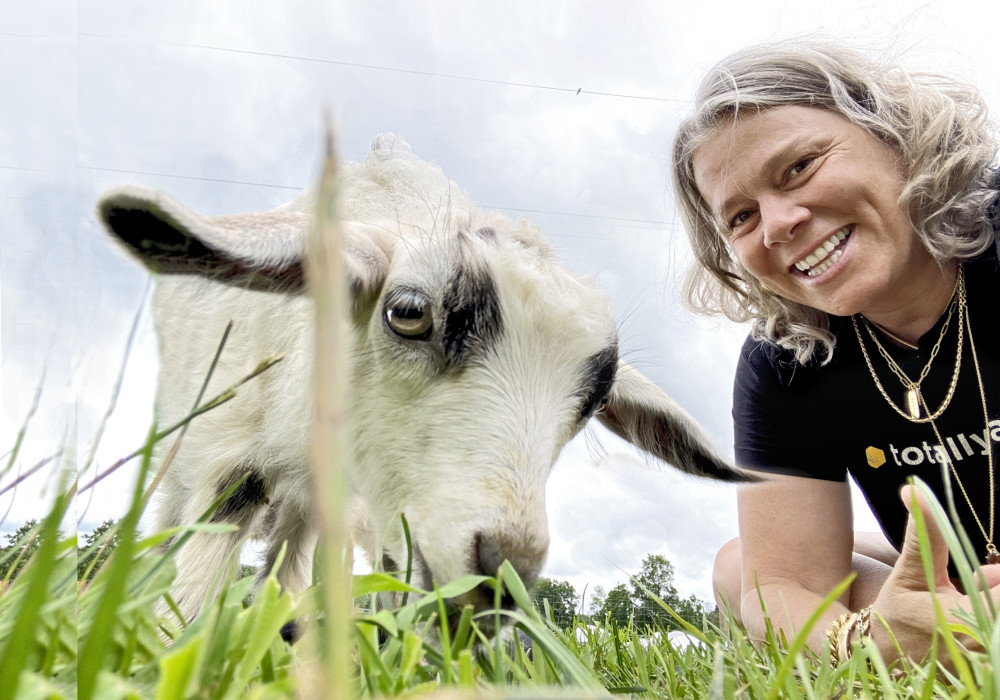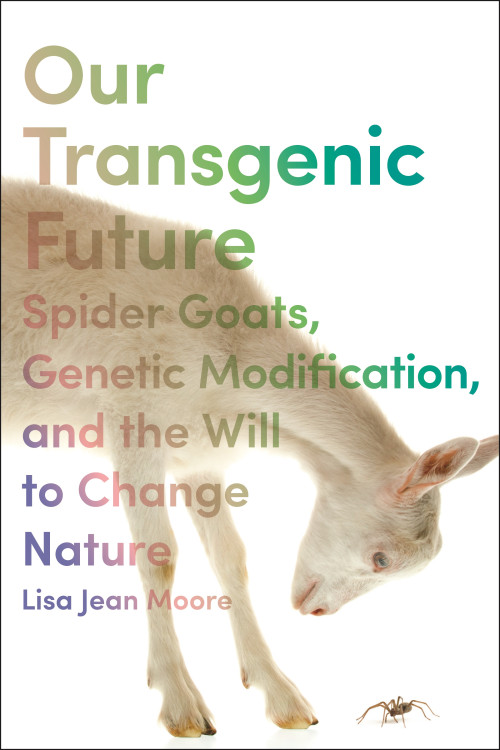The Interdisciplinary Detective
Purchase sociologist Lisa Jean Moore sees herself as a detective trying to uncover the forces that shape our individual and collective lives.
They say if you ask a hundred sociologists to define sociology, you’d probably get a hundred different definitions.
But for Distinguished Professor of Sociology and Gender Studies Lisa Jean Moore, sociology is about centering the personal experiences of individuals in order to understand the ways in which social constraints and opportunities shape human behavior in the world.
“I see myself as almost like a detective, trying to uncover those social and cultural forces and systems that encouraged or discouraged you to become who you are,” Moore said.
Moore is well-suited for a role that requires multiple areas of expertise. Though she has her doctorate in medical sociology from UC San Francisco, she received her master’s in public health and epidemiology from UC Berkeley. As an undergrad at Tufts University, she majored in English in addition to sociology.
“Part of why I love sociology is its ability to lend itself to interdisciplinarity,” Moore said. “There are racialized, gendered, and classed ways that we come into being as people, and I think sociology gives me the skills and the tools to understand things that way.”
Investigation Triangulation
Moore’s predilection for interdisciplinarity has led her to investigate subjects as diverse as human sperm, horseshoe crabs, and spider goats—the subject of her latest book, Our Transgenic Future: Spider Goats, Genetic Modification and the Will to Change Nature .
“One thing I really appreciate about Purchase is that it lets me expand,” Moore said. “I’m not just teaching the same three classes on rotation or having to write the same kind of book over and over again, or having the same kind of students.”
Moore’s main approach to her sociological investigations is an inductive method called “triangulation” that attempts to capture all the different ways whatever she is studying is expressed.
“It’s kind of like when you’re using a map and looking at all the different landmarks to figure out where you are,” Moore said. “I triangulate by looking at literature, or sites of commerce, or scientific discourse, because they’re all producing information about the thing I’m interested in studying.”
Emboldened Research
Moore feels that, since coming to Purchase in 2006, she’s grown in confidence so that every time she writes a book, she feels more comfortable incorporating her own lived experience.
For example, in Our Transgenic Future , Moore spent four years studying goats that had been genetically modified using the DNA from the golden orb weaver spider so they could lactate silk protein. Moore includes her own experience with reproduction in the book.
“Because I’ve been in queer relationships, I didn’t get sperm in the traditional way,” Moore said. “So the narrative about the goats is interwoven with my own story about seeing my body as the site of an experiment, and how the notion of the natural and the construction of family are not necessarily an opposition, but working together to produce reality.”
The Multifarious Classroom
In addition to bringing her own experience to her research and publications, Moore brings her experience and detective approach to the classroom, too. When doing their senior projects in the School of Natural and Social Sciences, for example, Moore’s students read theory and ethnographies, and also dissect novels and memoirs, view films and videos, and share their own writing in small groups.
“The projects that are the most successful are ones where students situate themselves within the body of whatever it is they’re studying,” Moore said. “One of my students, Andi Farley-Shimota, who was a double major in sociology and dance, created a contact improvisation and talked about the embodied nature of contact and touch.”
Moore’s multifarious approach continues this coming semester, when she will be teaching a class on beekeeping with Assistant Professor of Biology Stephen Harris as well as working on a book about tugboats and how integral they are for global commerce. For the latter, Moore has so far interviewed a faculty member at SUNY Maritime who teaches tugboat operators and a woman operator in New York Harbor. She hopes to take a ride on one of the tugboats soon.
“Purchase has provided me with a lot of opportunities to teach and engage my pedagogy in ways I didn’t know were possible,” Moore said. “I feel really lucky that if I think of something and can explain it well, the college will support it.”

